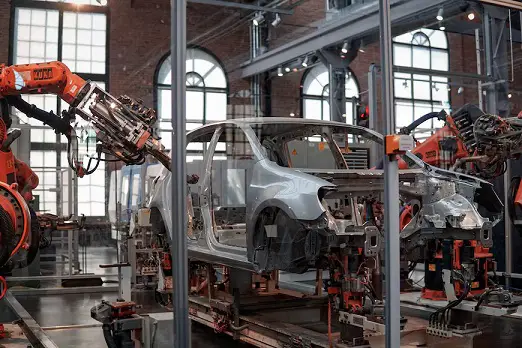Hildegard Muller, the president of the German Association of the Automotive Industry, has warned that Germany’s car manufacturing sector is at risk due to what he has referred to as “toxic” energy prices.
In an interview Monday with the chief of Microsoft Germany, Marianne Janik, Muller said that Germany “is losing dramatically its international competitiveness” as a location for the manufacture of automobiles because of the massive overhead costs being produced by its soaring energy prices.
She pointed out that adding to the worrisome conditions is the fact that other nations are being seen as more attractive for vital industries in the global economy, such as battery or semiconductor manufacturing. This is concerning for Germany as economic conditions in the country are already becoming more unfavorable.
Muller said that as energy prices have soared, it has produced an environment which is “toxic” for the nation’s medium-sized suppliers. They have warned that as a result of this, it will begin to drive investment away from Germany, and shift it to other EU countries, or the United States.
On top of the soaring costs of energy, Muller complained that the car industry was overregulated, there were unnecessary delays in making political decisions, and there was a lack of any legal framework for implementing future reforms, in particular as relate to the development and implementation of Artificial Intelligence.
The German Chamber of Commerce and Industry recently released a survey which showed that over half of German companies have lost confidence in the energy policies of the nation, and are of the opinion that the transition away from Russian gas and toward renewable energies will harm their businesses.
The survey also found that the number of companies considering taking their business overseas is increasing. Almost a third of the nation’s industrial enterprises have plans to relocate their production overseas, or to reduce their output that is produced domestically..

